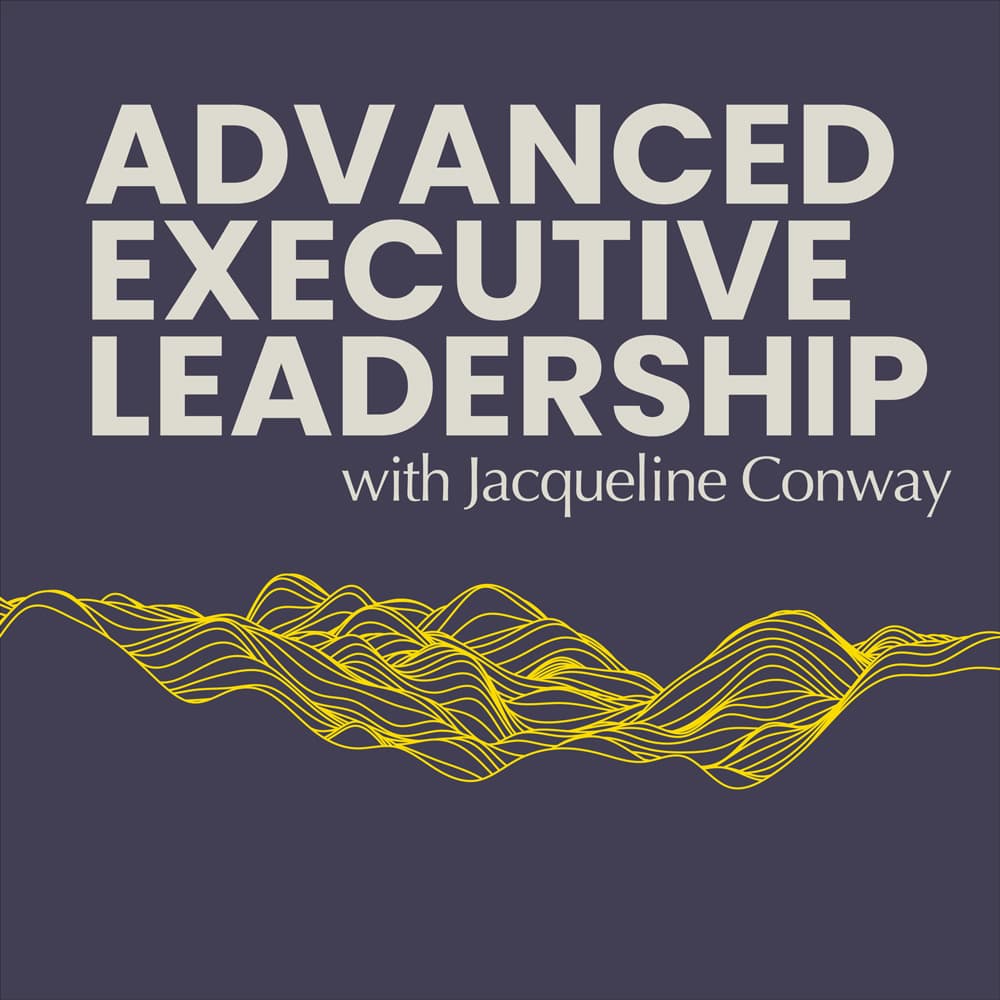Listen above to this podcast by clicking the play arrow above or alternatively click below…
Yvon Chouinard, the 84-year-old founder of the billion-dollar outdoor wear company, Patagonia, looks like an unlikely business tycoon. And in a move that sent ripples around the globe late last year, he made a move that proved he isn’t. He gave the company away. The reason: to divert all of Patagonia’s future profits saying: Earth is now our only shareholder.
His move is in stark contrast to the ideology of the most influential economist of our time, Milton Friedman, who admonished those interested in corporate social responsibility that the social responsibility of a business, is to make a profit.
Who is right, and what does this say about the kinds of challenges that executives are grappling with in a world that may be finally waking up to the need to create just outcomes for all stakeholders?
Let me ask you a question… Is the role of business only to make a profit?
Yvon Chouinard, the 84-year-old founder of Patagonia, the outdoor wear company, wrote a letter recently explaining why we was giving away the mullion billion-dollar company. The letter was entitled Earth is now our only shareholder.
He said that “instead of ‘going public’ you could say we’re ‘going purpose’”… He goes on “Instead of extracting value from nature and transforming it into wealth for investors… we’ll use the wealth Patagonia creates to protect the source of all wealth”.
The move was big news.
Largely because goes against the grain of corporate action.
Much of our current way to think about the purpose of business comes from the 20th century Nobel Prize winning economist Milton Freidman. Milton was the father of modern economic theory – and the person who arguably has had the greatest impact on what we consider ethics in business.
In 1970 he wrote in a now famous article in the New York Times magazine that the social responsibility of a business is to make a profit.
That’s it.
Friedman believed that it was for lawmakers to determine what standards business should uphold and it was for company executives to, working within the law, to make as much profit as possible for the company’s shareholders.
Milton’s definition may seem simplistic today. For a start it fails to recognise that the businesses that we run are embedded in society and that the decisions that we take in the C-suite have a consequence to wider society.
It’s always been that some businesses, like Patagonia, led on this front, and others lag behind… until the law forces them to adhere to the ideas that society’s already come to accept.
But it’s hard to underestimate the profound impact that Milton’s view has had on business in the West and our view of business ethics as a result.
His idea on corporate social responsibility, if they were ever acceptable, was an ethics of its time. But as Aidan McQuade says in his excellent book Ethical Leadership – “rather than moral guidance, Friedman only offers a template for moral cowardice”.3
Why we need a different ethics
Milton Friedman’s ethics viewed profits as a primary consideration within the law.
But can we actually rely on the law as the sole place where ethics is determined?
Just last week yet another Government Ethics Advisor published a report about yet another Minister breaching the Ministerial Code. This time the Minister in question was sacked, but the serial allegations of questionable standards in public life mean that we’re perfectly within our rights to ask if our law makers are always the correct arbiters of ethics.
There are other reasons why corporate leaders can’t reliably look to the law to be their ethical guide.
The issues that are arising society are moving faster than the law can keep up… for example how to regulate the metaverse and what constitutes online harm … and this leaves a gap between clear legal parameters of what companies should ethically do and what they can get away with.
Rather than businesses reluctantly adhering to the law, companies can be the vanguard of it.
Take for example another point Aidan McQuade makes that in the UK, it was business lobbying the government for legislation that led to the inclusion in the 2015 Modern Slavery Act of a Transparency in Supply Chain Clause… it requires – in law – that businesses set out publicly what they are doing to eliminate slavery from their supply chains.
These aren’t the only reason why we need to finally reject Milton Friedman’s views.
Throughout history human action at a company level has had relatively little influence on a supra-regional or global scale.
Unsustainable fishing, forest clearing, urbanisation and the consequential loss of biodiversity are not new. But the effects of them were until relatively recently were localised. We’ve reached a tipping point where localised damage is compounded across the globe.
And then take the pace and impact of technological change, medical breakthroughs, and the ubiquity and availability of data. These things raise the stakes of our decisions like never before.
The Forth Industrial Revolution2 that we are now in is qualitatively different from the previous three because they were predicated on technology subordinated to humans.
But this latest phase ushers in a new era where the lines between human and technology are blurred. For example, the possibility of the 3D printing of organs suitable for transplantation inside a human being is within reach. Cyborgs may sound like science fiction, but they’ll soon by science fact.
It’s predicted that up to 50% of all jobs will be rendered obsolete by the end of this decade by technology and AI.
Ethics is concerned with human action. It should follow then that a change in the scope, scale and impact of that action calls for a commensurate change in the ethics to deal with it. The old ethics were created at a time when human action was confined in a narrower horizon of space and time. It dealt with the local and the immediate.
Any new ethics that can help us navigate our corporate responsibility should be commensurate with the power that leaders have to impact the lives and livelihoods of not just the people living today, but of futuregenerations.
You see, when executive leaders, focused on the ‘functional’ aspect of their work, on what I call the in-and-down and the here-and-now, they tend to work with a set of ethical principles that determine whether something is good/bad, right/wrong on the basis of consequences that are largely observable, or at least close enough to the leaders’ action to be attributable. Observable and attributable.
But when executive leaders are exercising their enterprise leadership, with a focus on ‘up-and-out’ and ‘there-and-then’, their actions may no longer be either observable or attributable. The consequences of their actions may happen far in space and time.
Both modern technology and globalisation has introduced action of such novel scale and consequence that the framework of former ethics isn’t sufficient.
The new order of magnitude for our collective ethical action is the very survival of the plant, specifically because we have power over it.
If, because of what we are capable of in a global, industrialised and technological exponential context, planetary destruction is in our realm of possibility, then it should be in the realm of our responsibility.
What does this mean? Well, it means, we can choose to live in a filthy slum of our own making, but we cannot ethically expect anyone else to endure these conditions. We can’t ethically inflict it on future generations.
“Earth is now our only shareholder”
In stark contrast to the Friedman dictate that the only function of the enterprise is to make a profit for the shareholders, the founders of Patagonia, gave the company away in the ultimate act of altruistic corporate social responsibility.
Patagonia has been placed in a structured non-profit trust designed to divert the company’s profits into saving the planet from the climate crisis. Hence Yvon Chouinard’s declaration that “earth is now our onlyshareholder”.
Much earlier in the company’s history, Patagonia made a lesser known ethical decision that could have had a ruinous effect on the business.
It has always considered itself to be a what it calls a ‘responsible company’ – one that owes a return not only to shareholders but to a wider stakeholder group consisting of employees, customers, communities, and nature.
Chouinard and his business and climbing partner Tom Frost didn’t intend to go into business. They were climbers who wanted better equipment. And there wasn’t any, so they made it themselves. Eventually selling it to other climbers. That’s how Patagonia started.
On an ascent of El Capitan, a stunning 3,000 vertical granite rock formation in the Yosemite National Park, Yvon and Tom noticed that the reusable hard-steel pitons, those steel spikes driven into the rock face, were degrading the landscape. Repeated hammering of the pitons into place and then removal was causing disfigurement.
The degrading to the landscape wasn’t just severe – it was also rapid. It had only been a few seasons earlier that the mean had climbed the same route and experienced it was pristine.
They came to the sickening realisation that their products were damaging the landscape that they loved so dearly. And they knew what they had to do.
The decision to discontinue the pitons was a huge business risk, because at the time, they were the product mainstay of their business. In fact, the equipment part of the company was the largest supplier of climbing hardware in the U.S. at the time.
But, Chouinard pushed ahead saying that “the change had to be made for reasons both moral and practical: the routes were beautiful and satisfying and shouldn’t be ruined, and to ruin them would put an end to, or greatly reduce, the possibilities for climbing in the most popular areas, and thus eventually hurt our business”.
So, they conceived of the idea of ‘clean climbing’ using only nuts and runners that left the rock unaltered by the climber. No one knew about this new way of climbing so they sought to educate their customers on why they should switch to this way of climbing.
In this case, proactively considering their moral responsibility beyond shareholders – to nature – and in thinking about the long-term consequences of the shift, the moral stance they took paid off.
Within a few months, the piton business had given way to the equipment that supported ‘clean climbing’. And Chouinard has since reflected that “we learned that we could inspire our customers to do less harm simply by making them aware of the problem and offering a solution”.1
References
Friedman
McQuade,
Chouinard & Stanley
Jonas
Schwab
Subscribe to Waldencroft Podcasts…
What’s required from Executive Leaders has changed. Find out how executive leaders and executive teams can survive and thrive in our disrupted world. Interviews with CEOs and insights from Waldencroft’s Dr Jacqueline Conway.
By Jacqueline Conway…
Dr Jacqueline Conway works with CEOs and executive teams as they fully step into their collective enterprise-wide leadership, helping them transform their impact and effectiveness.
Jacqueline is Waldencroft’s Managing Director. Based in Edinburgh, she works globally with organisations facing disruption in the new world of work.


